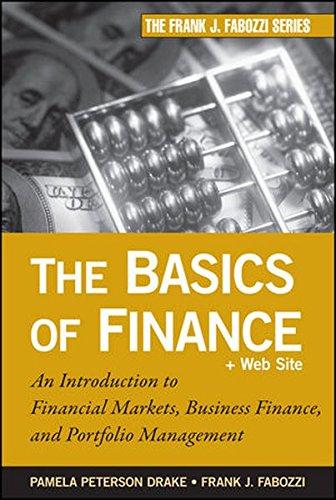The following excerpts are taken from Dividend Policy Determinants: An Investigation of the Influences of Stakeholder Theory
Question:
The following excerpts are taken from “Dividend Policy Determinants:
An Investigation of the Influences of Stakeholder Theory” by Mark E.
Holder, Frederick W. Langrehr, and J. Lawrence Hexter, published in the Autumn 1998 issue of Financial Management:
There is considerable debate on how dividend policy affects firm value. Some researchers believe that dividends increase shareholder wealth . . . , others believe that dividends are irrelevant
. . . , and still others believe that dividends decrease shareholder wealth.
a. What are the arguments in support of the dividend policy increasing shareholder wealth?
b. What are the arguments in support of the irrelevance of dividend policy?
c. What are the arguments in support of the dividend policy decreasing shareholder wealth?
One group of financial theorists . . . provides a hypothesis for dividend policy irrelevance. This group bases its theory on the assumptions of 1) perfect capital markets . . . ; 2) rational behavior on the part of participants in the market, valuing securities based on the discounted value of future cash flows accruing to investors; 3) certainty about the investment policy of the firm and complete knowledge of these cash flows; and 4) managers that act as perfect agents of the shareholders.
d. What is meant by a perfect capital market?
e. What is assumed about the company’s investment policy?
f. What is meant by “managers that act as perfect agents of the shareholders”?
Step by Step Answer:

The Basics Of Finance An Introduction To Financial Markets Business Finance And Portfolio Management
ISBN: 9780470609712
1st Edition
Authors: Pamela Peterson Drake, Frank J. Fabozzi





